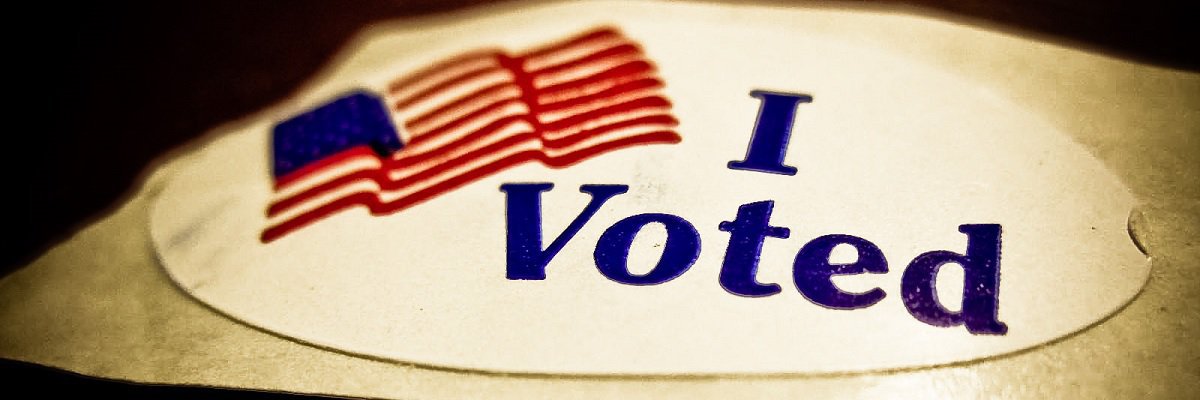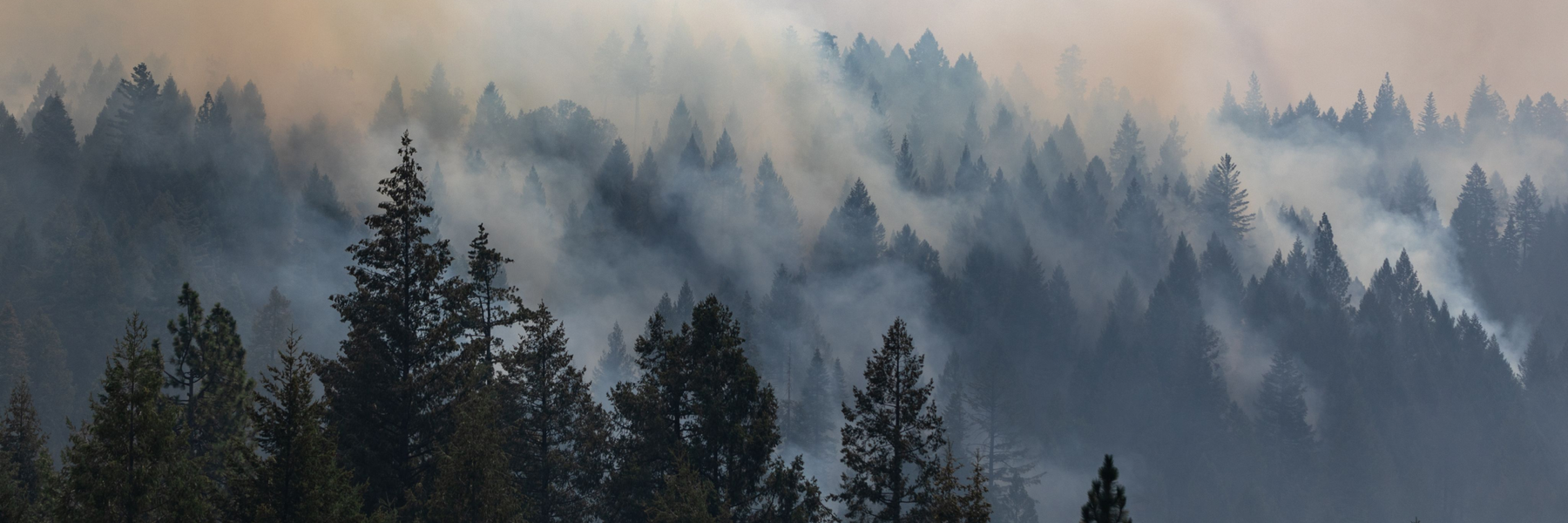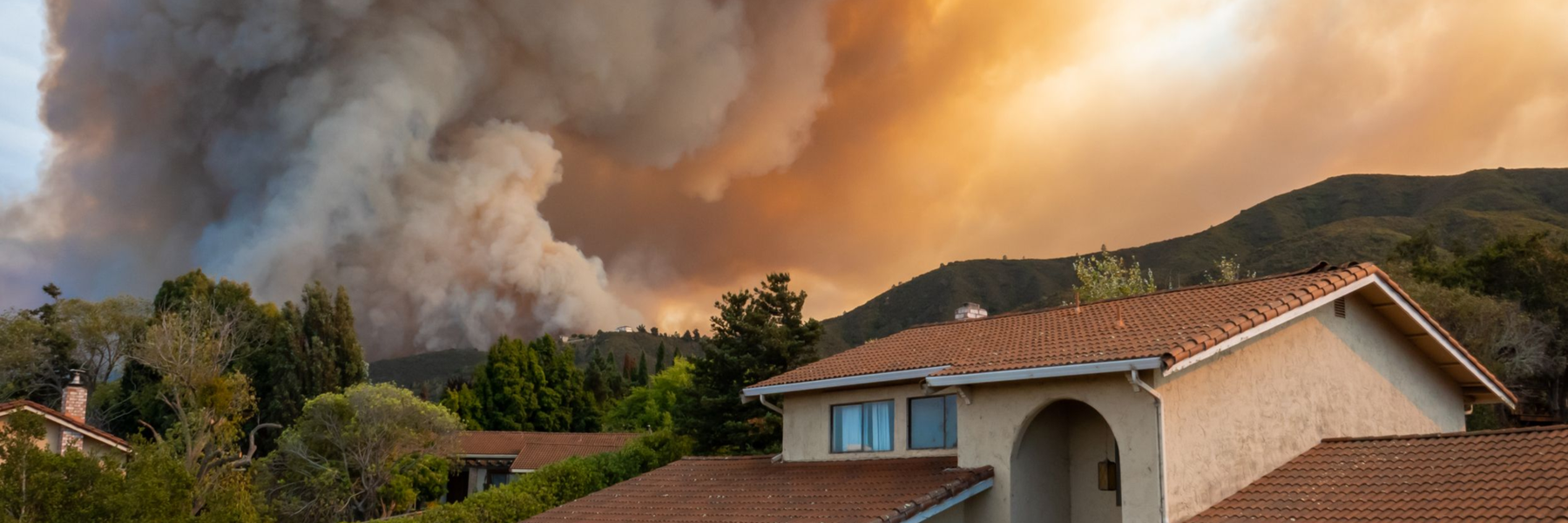Following a historic midterm election, two ballot measures in western states passed, granting each jurisdiction new laws governing transparency and access to records.
Nevada voters passed Marsy’s Law Crime Victims Right Amendment, better known as Marsy’s Law in Nevada, to include victims rights in the state’s constitution. In San Francisco, California, the Personal Information Protection Policy Charter Amendment, or Privacy First measure, also won amending the city’s charter.
Marsy’s Law expands the definition of a victim in the state and lists 16 rights including privacy, protection from a defendant, refusal of interview or deposition requests without a court order, and notice of court among others. It also amends Nevada’s constitution to include victim protections. Still, opponents of the law such as the American Civil Liberties of Union of Nevada don’t agree with the broad definition of victim and feel as if the law ignores the specific needs of victims.
“This effort, while well-intentioned, undermines the legal system and promotes the wrong mechanism for advancing victims’ rights. But the protections they require are, and should be, provided by statute - not through constitutional amendment.”
In San Francisco, the new Privacy First Measure passed with majority of the votes. It’s set to protect personal constituent information by amending the city charter. Yet, the policy now gives leeway for officials to change voter-approved policies on privacy, open meetings, or public records.

However, citizen-coalition Oakaland Privacy acknowledges that there is enough space in the policy that grants officials power over the city’s sunshine laws. Nonetheless, the group feels confident in the Privacy First Policy and continues to advocate for transparency in government.
“San Francisco voters recognized that privacy protections aren’t a luxury, but an urgency and a fundamental civil right in the time of Trump. Oakland Privacy looks forward to working with the City of San Francisco to protect residents from unwarranted tracking and profiling,” said Tracy Rosenberg of Oakland Privacy. “We will also vigilantly stand in solidarity with journalists and sunshine advocates to assure that sunshine regulations remain solidly in place in San Francisco.”
With over majority support for each ballot measure, records requesters in Nevada and San Francisco have yet to test the transparency effects it will have on access to public records in each jurisdiction. If you’re a resident, and see firsthand the impact this new legislation has, get in touch via the form below.
Image by Vox Efx via Flickr and is liscened under CC BY 2.0)




